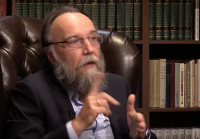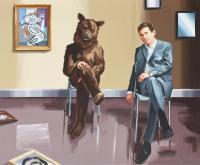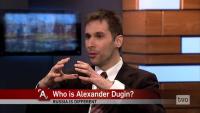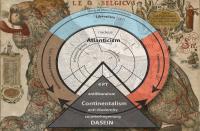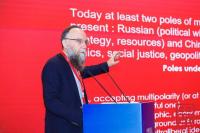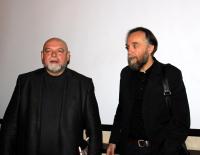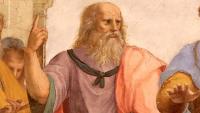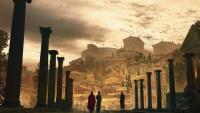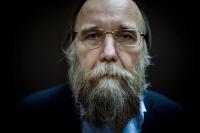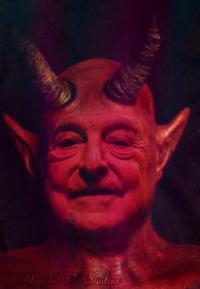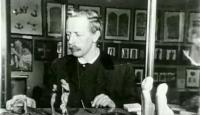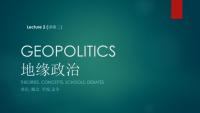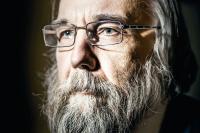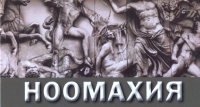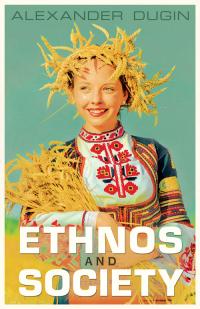Introduction to Noomakhia (lecture 2) - Geosophy
And we could regard this existential horizon as space where the people live, Lebensraum. But at the same time, it could not exist without human being, without people, without language, without tradition. If you put the mixed population in some space you don’t get this existential space. It is not Dasein. And that is very difficult example in our history - Kalingrad people by Russian that was Prussia people by Baltic tribes, invaded by Germans, assimilated, and after that taken by us and we have put the Germans aside. So that is space Russian, not so German, no, Baltic, no. There is the place, the people there living, the culture, and the history but there is no Dasein. So a part of territory of the space is evacuated from existential aspect. It’s very special conditions. I have studied Serbian history and that is kind of this idea of migration of Serbs that created the similar idea where are the borders of Serbia. Where is Serbians, the bearers of Serbia? Or could the Serbs exist without Serbian motherland or not? It is open question. So that is a kind of exilic tradition. So it deals with the problem of existential Dasein. Existential Dasein is not the territory. And that is not only the people. It is the relation, the Sein (being) to the place, existential relations of the being to the place that passes through the people, through the cultures, through the humans, through the thought. It’s very particular concept but it’s very important to geosophy because geosophy studies precisely existential horizons. It is the relations of the being to the space that goes through the culture, through the language, through the tradition, through the identity. So that is very important category of geosophy.


